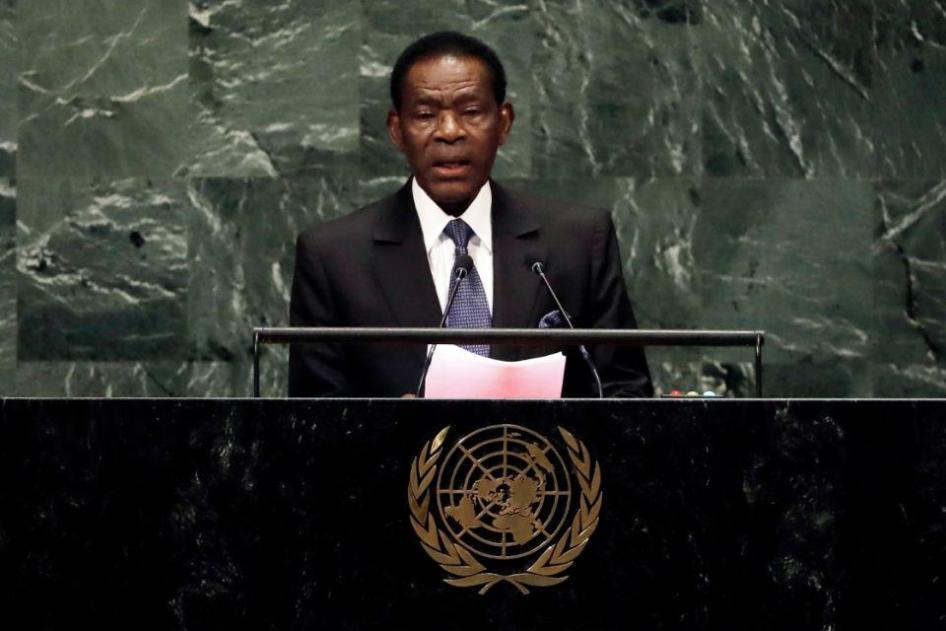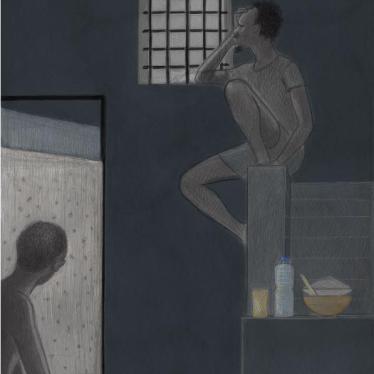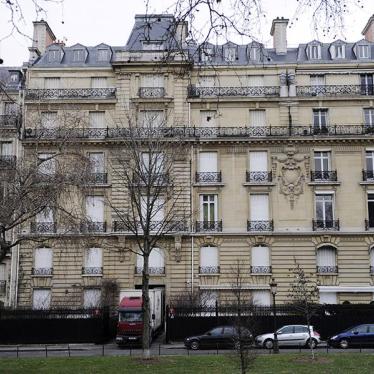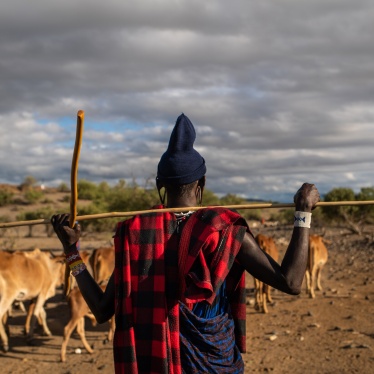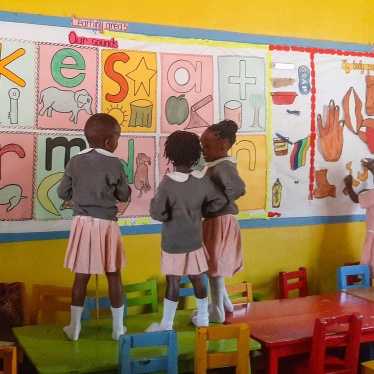The United Nations’ Universal Periodic Review (UPR) process is meant to give countries a chance to scrutinize the human rights records of fellow UN member states. But countries with awful human rights records often respond to the scrutiny by resorting to the same script: claim to be a paragon of virtue, while in reality being an egregious rights abuser.
Such hypocrisy was on full display this week, as the spotlight was on Equatorial Guinea, an oil-rich central African country led by the world’s longest-serving president. States raised a litany of government abuses – harassment of human rights defenders, lack of an independent judiciary, systemic corruption, and abject poverty despite having the highest per-capita income in Africa. And, as per the script, Equatorial Guinea’s government representative, Alfonso Nsue Mokuy, dismissed the criticisms, absurdly claiming, for example, that the country is an “open democracy” and “there is no violence against women.”
But that didn’t stop Mokuy from accepting nearly all recommendations aimed at addressing the rights abuses he previously denied, including eliminating poverty and combatting corruption. Acknowledging “challenges ahead,” he promised a “new paradigm of respect for human rights and fundamental freedoms.”
There is every reason to believe these are empty words, designed to mask rather than address decades of callous neglect for the basic rights of Equatorial Guineans.
But what would happen if Equatorial Guinea actually made good on these promises?
Imagine if the government respected the right of all Equatorial Guineans to express themselves freely, instead of harassing, beating, or arresting those who defend human rights and promote good governance. The press and civil society would be empowered to act as a check on arbitrary detention, torture, corruption, and other abuses.
Imagine if there were truly independent investigations of corruption at the highest levels, including the vice president, who is also the president’s son and was convicted in absentia by a French court for laundering over $120 million. It would ensure the nation’s oil wealth actually benefitted the public instead of a small political elite.
Imagine if that wealth was used to improve health and education, and access to water and food. Over half of Equatorial Guinean children under four do “not have access to adequate food,” and over half who are primary-school aged were not in school, according to UN agencies. Their lives would be transformed.
Governments should hold Equatorial Guinea accountable for implementing the recommendations made at the UPR – making this dream one step closer to reality.

